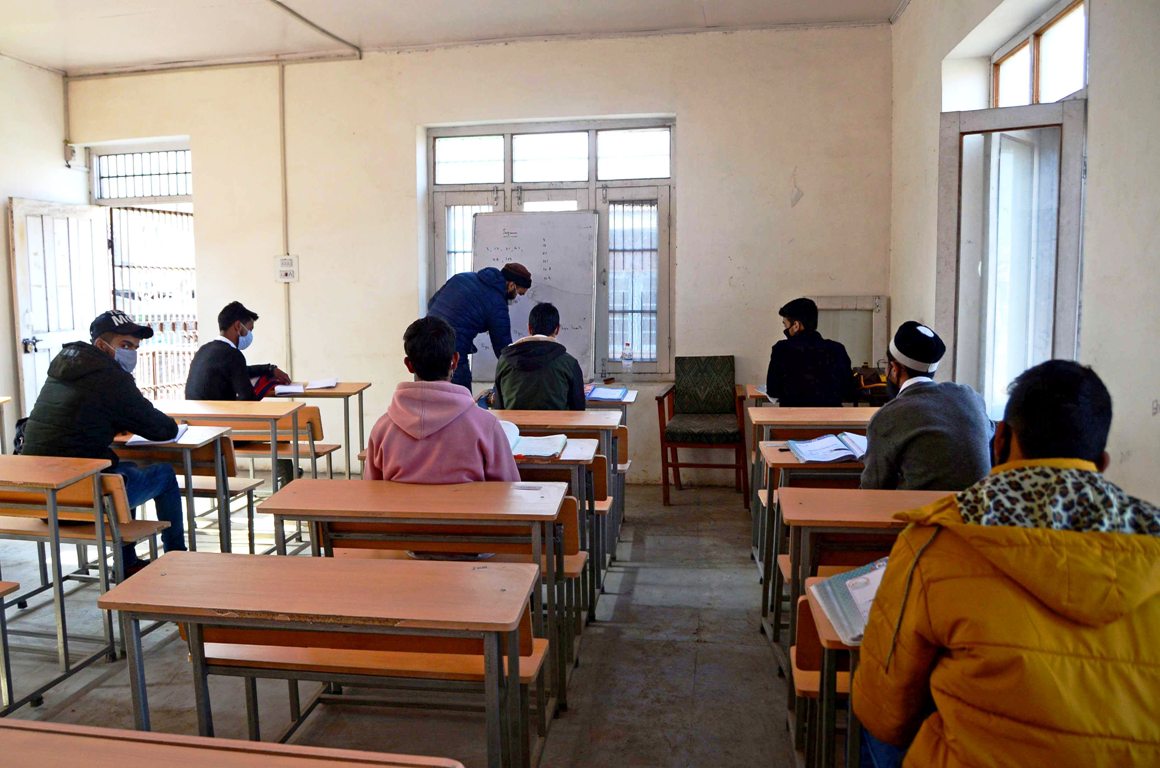Srinagar
Jammu and Kashmir Government’s Drug de-addiction draft policy today received accolades from experts of 37 countries at an international conference, held at New Delhi.
International Society of Addictive Medicine (ISAM) – a body of psychiatrists from 93 countries working on prevention of substance abuse – organized the annual international conference at AIIMS, New Delhi.
According to organizers, nearly 37 countries sent their delegates comprising medical professionals, psychologists, social workers and policymakers to the conference to deliberate on various issues pertaining to substance abuse.
Delegates from the Institute of Mental Health and Neurosciences, Kashmir (IMHANS), Government Medical College, Srinagar, presented the draft policy on drug de-addiction during a symposium.
To tackle drug abuse that has over the years seen an exponential rise in Jammu and Kashmir, the government drafted a policy focused on prevention, awareness and accessibility to treatment.
Notably, the State Administrative Council (SAC) had accorded sanction to the first-ever drug de-addiction policy in Jammu and Kashmir on January 5, 2019. The policy lays out a comprehensive action plan for addressing the drug addiction issue in its entirety.
Dr Insha Rouf, Dr Sabreena Qadri, Dr Hamid Ismail, who presented the policy draft during the conference, spoke about the history of substance use in Jammu and Kashmir. The medicos talked about principles of prevention, integration, inter-sectoral coordination and community participation.
Medicos said draft policy for drug de-addiction has also called for an immediate end to the isolation of patients which will help to de-stigmatise the treatment of disease.
The policy recommends that drug de-addiction centres should be integrated with the main hospitals to facilitate de-stigmatisation of the treatment process of drug addicts.
It says drug de-addiction centres functioning in isolation leads to increased stigmatisation of disease and feelings of shame and exclusion, which makes treatment and eradication of disease difficult.
Based on a preventive model of disease, the drug policy will focus on increasing the knowledge of the community about the consequences of substance use, potential risk factors and measures that can be adopted to avoid those factors.
The policy will focus on reducing the substance use, behaviour in the individuals, decreasing the vulnerability of the population at risk of drug abuse and management and treatment of patients.
Financial Commissioner, Health and Medical Education, Atal Dulloo complimented medicos from the GMC for presenting policy draft at an international conference.
He said the policy would act as an awareness booster for other states and help other governments to prevent the rising drug menace in their areas.
He said Drug De-addiction Policy would focus on the integration of drug de-addiction centres with main hospitals and on treatment and rehabilitation.















